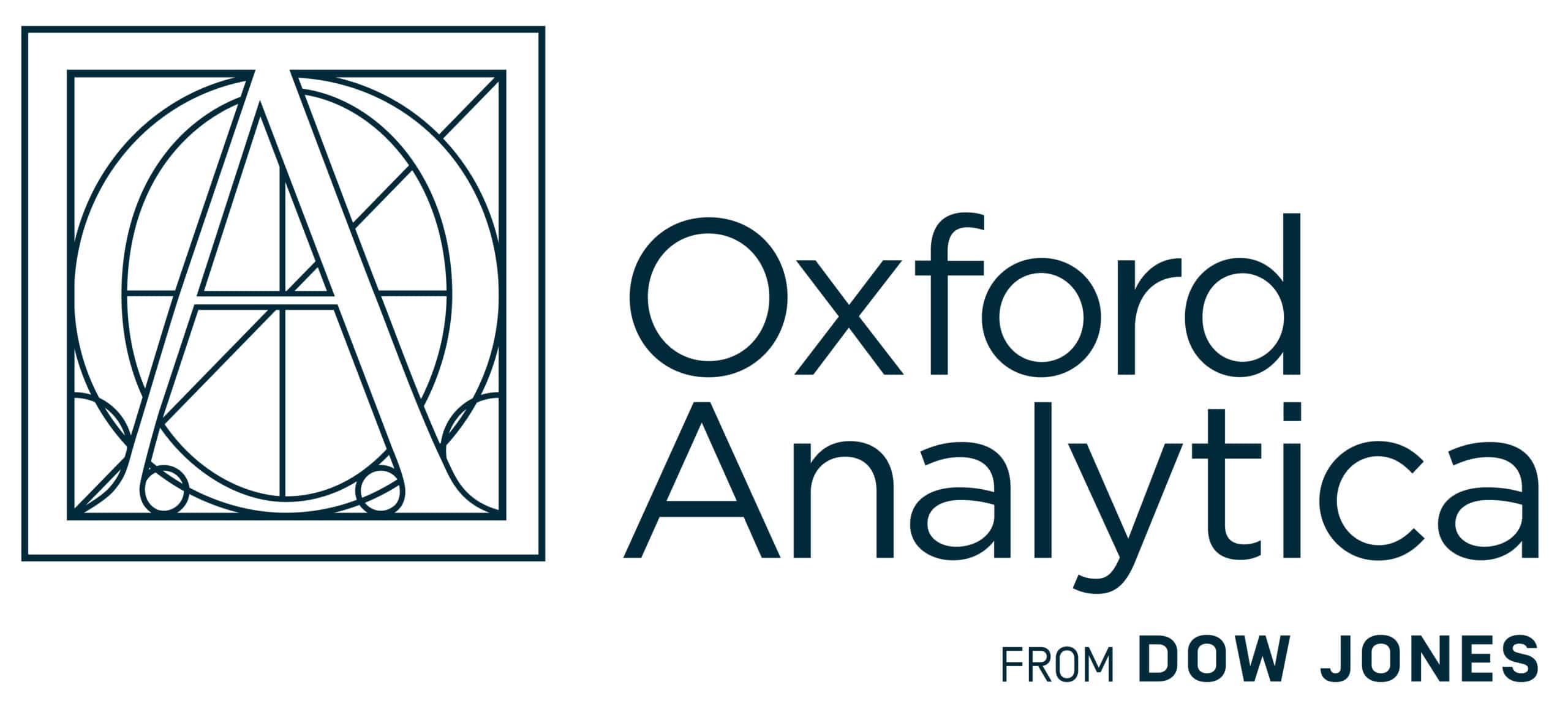There has been less emphasis on shaping regulations globally in the EU’s recent trade agreements
On September 23, the European Commission announced that it would postpone the introduction of its Deforestation Regulation for a second time. Holding off on the regulation, which has faced strong criticism from the EU’s trading partners, is the latest example of Brussels softening regulatory ambitions that could undermine its trade relations. The EU’s lower regulatory ambitions were also reflected in recent trade agreements with Mercosur and Indonesia.
What’s next
The EU’s sluggish economic growth and heightening trade tensions with the United States and China are forcing the European Commission to diversify the bloc’s trading partners and prioritise the conclusion of relatively quick deals. Against this backdrop, it is in a weaker position to assert its regulatory preferences in trade agreements. There is likely to be less emphasis on regulations surrounding environmental, social and governance (ESG) matters in future trade negotiations.
Subsidiary Impacts
- Member states and the European Parliament are likely to approve the EU-Mercosur free trade agreement.
- The EU will consider inserting clauses concerning immigration cooperation in future trade deals.
- Despite Brussels’s hardening stance on China, some EU states will continue to pursue cooperative ties with Beijing.
Analysis
Traditionally the European Commission has been able to use trade agreements to globalise its norms and regulations. With the reward of trading with the world’s largest single market, many third countries have been willing to adopt EU standards on human rights and climate change as well as key EU regulations such as the General Data Protection Regulation and the REACH Regulation pertaining to chemical safety in the workplace.
There was an extensive EU regulatory agenda during Commission President Ursula von der Leyen’s first term (2019-24). A large number of measures were focused on levelling the global playing field for climate change measures, with such regulations including the Carbon Border Adjustment Mechanism (CBAM), Deforestation Regulation and Corporate Sustainability Due Diligence Directive. Another notable cluster concerned technology, notably the Digital Markets Act, Digital Services Act and Artificial Intelligence Act.
New political environment
Major EU economies have experienced flat or negative growth for several years now, and their exposure to competition from third countries has been a key force driving economic headwinds. Meanwhile, the overall strength of the EU economy at the global level is on a downward trajectory, with the EU’s share of global GDP falling from around 28.0% in the early 1990s to around 16.5% today.
US President Donald Trump’s re-election last year has reinforced the sense that the EU needs to focus on growth and openness. This is due not only to his increased tariffs affecting EU exports, but also his potential withdrawal from European security, which creates a need for greater defence spending.
At the same time, the political shift to the right across the EU and within the EU’s main institutions is adding to the pressure on the Commission to abandon the introduction of new ESG regulations and the green transition agenda (see EU: Policy priorities will shift in next Commission – August 8, 2024).
Relations with major trading partners
There has been much talk that closer ties with China could offset the impact of transatlantic trade tensions and higher US tariffs. However, the EU has grown more hawkish on China in recent months (see EU/CHINA: Trade ties will remain tense – April 15, 2025).
Brussels is not looking towards China to offset the adverse impact of higher US tariffs
There continues to be considerable suspicion towards China, not least because of the perceived risk posed to the future of EU manufacturing. Extra duties on Chinese-made electric vehicles remain in place, and the abolition of the de minimis customs duty exemption is primarily targeted against Chinese companies Temu and Shein.
Brussels is also closely watching import volumes from China amid concerns about dumping. New cases are expected to be announced in the coming months.
Closer trade ties with the United Kingdom, which is the EU’s third-largest trading partner, are unlikely due to UK opposition to joining the single market or customs union.
As a result of tensions with the United States and China, there is an urgency in the EU to diversify trade relations and strike new deals with developing countries in the Global South (see SOUTH-EAST ASIA: Visit will spur greater EU outreach – June 5, 2025).
Lower ambition in recent trade deals
Amid the pressure to reach new deals, senior Commission officials have openly admitted that levels of ambition in trade negotiations are being reduced to deliver agreements.
There is now an urgency in Brussels to ratify the EU-Mercosur agreement. In the deal reached last year, the EU agreed for the first time to insert a so-called rebalancing mechanism in a trade agreement, with either party able to seek compensation should new regulatory measures materially affect the benefits offered under the deal. In effect, this could dissuade the EU from introducing new regulations that could alienate its trade partners.
Conclusion of the Comprehensive Economic Partnership Agreement talks with Indonesia was accelerated to reflect the political situation. While the deal includes an enforceable trade and sustainable development chapter, EU tariff elimination on a quota of palm oil — a product blamed for deforestation — would probably not have been agreed in previous years. New EU market access in services is also limited, and non-existent in the case of public procurement, a clear drop in ambition.
The EU appeared to soften its demands in its trade deal with Indonesia
There is an aspiration to close EU-India trade talks by the end of the year, which will require an even greater drop in the usual aspirations for EU agreements. India is unlikely to agree to sanctions for non-enforcement of sustainable development objectives, and will offer less than Indonesia in terms of tariff reduction. Other areas where negotiations are particularly challenging include services and procurement.
At this stage, officials in Brussels appear doubtful about whether the two sides can reach an early agreement. However, they do not rule it out entirely, given that India is currently subject to 50% tariffs on exports to the United States.
Softer approach to regulations
An example of the Commission’s increasing prioritising of trade and growth over global regulation-setting was the recent decision to postpone the implementation of the Deforestation Regulation for the second time in a year.
The regulation, which forces third-country exporters to prove their produce does not originate from deforested land, is perceived by critics as strongly damaging to the EU’s trade and political relations with partners in the Global South. Given the strength of opposition against the regulation, there is an increasing possibility that it may never be implemented.
A looser approach to regulations in other areas concerning trade relations is also emerging. Small company exemptions to the CBAM charges have already been announced, and there are reports about introducing simplification packages, particularly targeted at digital regulations.

From left to right, then German Chancellor Olaf Scholz, European Commission President Ursula von der Leyen, then European Council President Charles Michel, French President Emmanuel Macron and then World Bank President David Malpass in Indonesia in 2022 (Ludovic Marin/POOL/AFP/Getty Images)
Analyst


Niall Walsh
Mak Kasapovic

